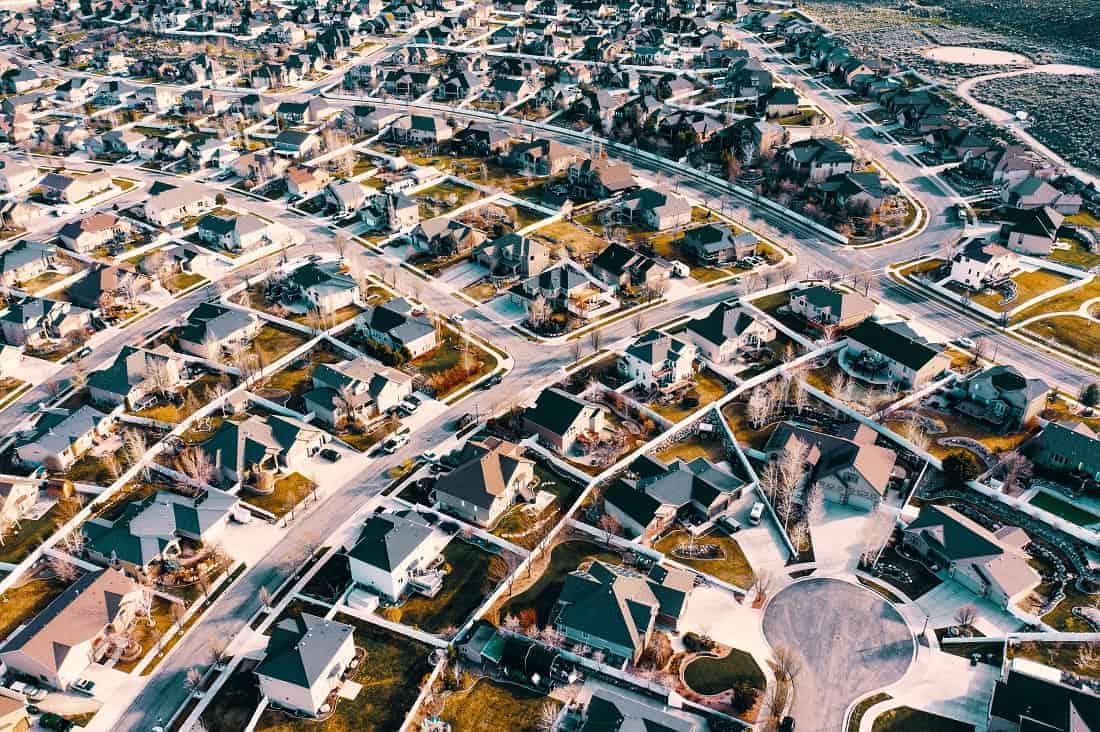
Amid global tension, trade wars and general economic uncertainty, many people are wondering if and when a recession will hit, and how it could affect the U.S. housing market. Redfin agent Jessie Culbert Boucher sat down with Redfin chief economist Daryl Fairweather to ask questions about what’s going on in the U.S. economy, if there’s going to be a recession and how to prepare for one.
What’s happening in the economy right now that’s fueling talk of a recession?
Despite high employment numbers and strong consumer spending, the economy is relatively fragile right now. This fragility is due to global tension, trade wars and a contracting manufacturing sector.
Will there be a recession in 2020?
There’s only about a 1 in 4 chance of a recession in the next 12 months. This number is based on economic indicators such as consumer spending, manufacturing, exports, imports and government spending. While the overall economic picture is about 1 in 4, if you just look at the financial sector, the odds are about 1 in 2. But it’s important to examine all indicators, because they all paint a bigger and more accurate economic picture.
How did housing impact the 2008 recession, and what were the ripple effects on homeowners and home prices?
The 2008 recession was unique because it started in the housing sector with the foreclosure crisis. There was a housing bubble where home prices peaked around 2006, only to come crashing down by about 17%. Many people found themselves underwater on mortgages, entering foreclosure or selling at a loss. Not only did that bring the housing sector down even further, it also rippled into the financial sector and spread rapidly to create the 2008 Great Recession.
Will housing prices drop in a recession?
If home prices drop, it won’t be significantly. Housing is usually relatively stable during a recession, and home prices only fall but 4-6%—if at all. For example, in the 2001 tech bubble, home prices actually kept going up. Even though the last recession is fresh in our minds, that isn’t a standard for how all recessions look.
What are economic indicators that could predict a recession?
Most risks to the U.S. economy come from outside the U.S. economy, such as trade wars or global weakness, which could spill over to the U.S. That could cause a recession, because if we’re not exporting enough, people may lose their jobs. Even just the threat of job loss is enough to keep consumers from spending, which could also cause a recession. But the next recession won’t start in the housing market. Yes, home prices are high, but that’s due to lack of inventory and fundamental economic reasons—not a speculation real estate bubble.
What advice would you give to homebuyers and homesellers right now?
If you are a buyer, don’t try to time your decision based on recession speculation. I would look more at your own personal financial situation. Ask yourself if you’d still be able to afford the home if you lost your job. How long would you be able to maintain those mortgage payments? If you’re considering selling a home, I would ask yourself those same questions. If you think your budget is going to be significantly stretched if you hold on to the home, now may be a good time to sell.
How much money should you reserve in case a recession happens?
My general advice, which applies to every homeowner or buyer, is to have a financial cushion in place. Six months of income set aside is a safe amount, because that’s a reasonable length of time to find a new job if you lose it. This emergency fund could save you from missing mortgage payments or selling at a loss.
This post first appeared on Redfin.com. To see the original, click here.

